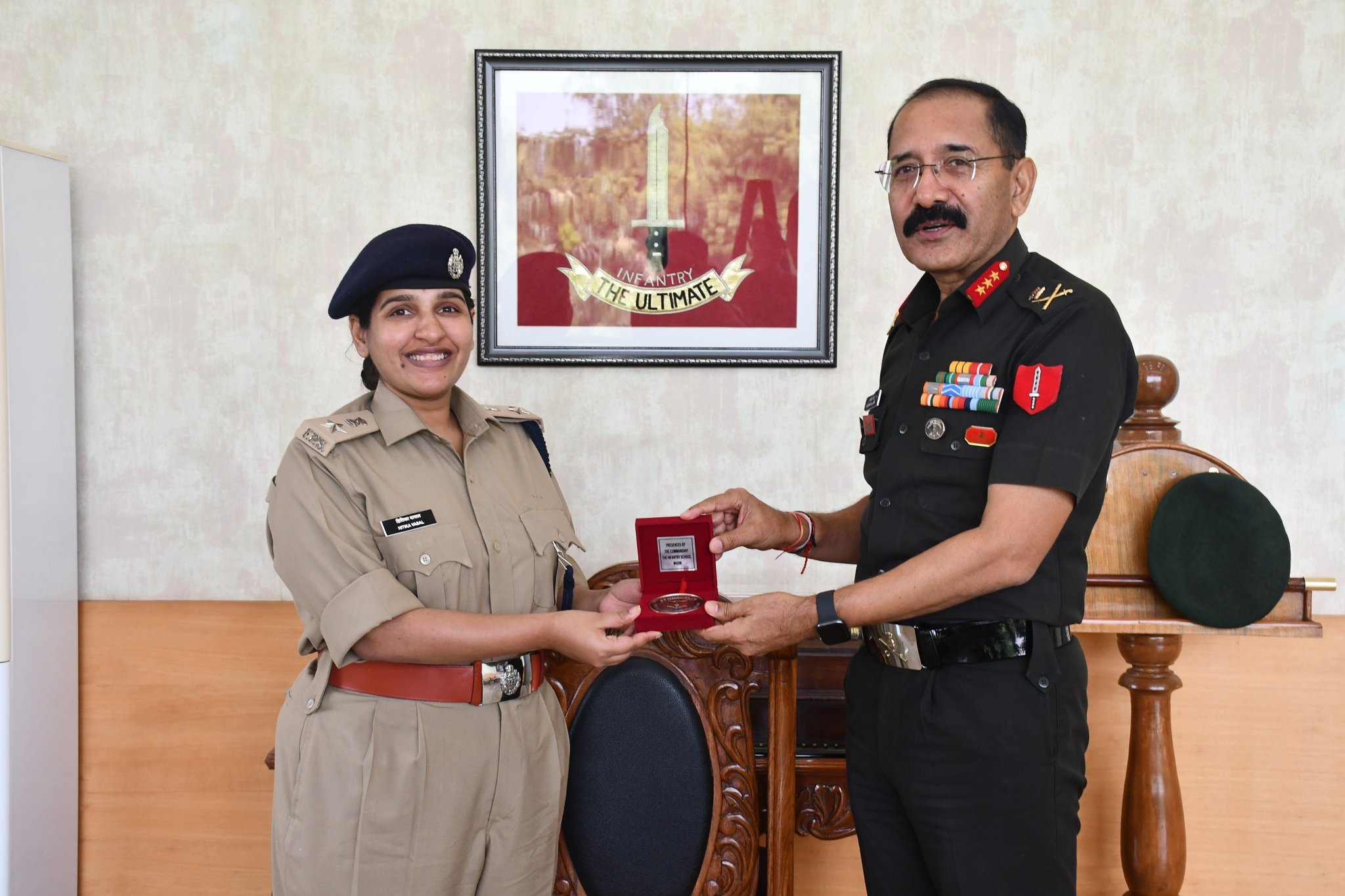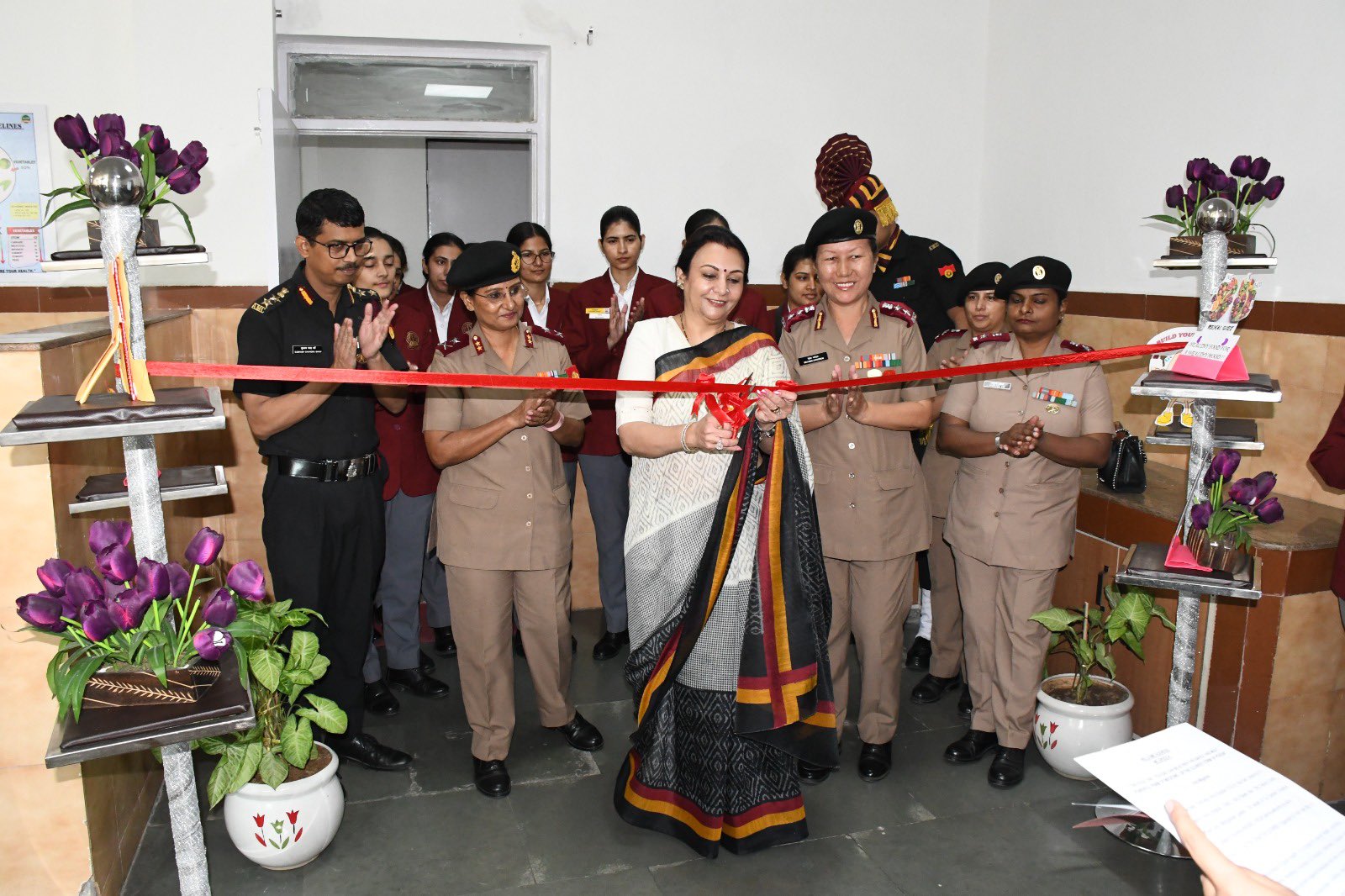The U.S. Army has initiated a collaboration with the Cambridge-based biotechnology firm SolasCure to examine the efficacy of its investigational hydrogel solution for wound care in combat scenarios. The product, known as Aurase Wound Gel, utilizes a recombinant enzyme dubbed “tarumase,” which is derived from maggots. This innovative enzyme has shown remarkable effectiveness in the processes of debridement — the removal of dead skin — as well as in preparing the wound bed. This approach aligns with a broader strategy focusing on natural and alternative healing methods for wound management.
The research will be conducted at the Army’s Institute of Surgical Research and aims to assess Aurase Wound Gel through two primary non-clinical pathways. The study will specifically investigate the gel’s enzymatic debridement capabilities, which are intended to diminish biofilm production and address other forms of “bioburden” that complicate wound treatment.
Among the primary challenges targeted in these experiments are opportunistic pathogens such as Methicillin-resistant Staphylococcus aureus (MRSA) and Pseudomonas aeruginosa. These pathogens are notorious for producing tissue-damaging toxins and enzymes that can exacerbate wound complications, leading to further biofilm development and increased antibiotic resistance, which ultimately results in slow recovery rates, infections, chronic inflammation, and other severe conditions.
To thoroughly understand the potential benefits of the Aurase Wound Gel, the study will encompass both in vivo (within a living organism) and in vitro (outside a living organism, in a controlled environment) testing methods.
Expressing enthusiasm over the partnership, SolasCure CEO Lee Harle stated, “It is an honour that the US military, one of the most prestigious and impressive institutions globally, has identified our technology and chosen to support its ongoing development.” He further expressed optimism about the outcomes of the collaborative projects, emphasizing the importance of evaluating Aurase Wound Gel’s effectiveness in managing biofilm and bioburden, particularly in the demanding conditions of prolonged combat.
In related advancements, a U.S. biotech organization announced receiving Food and Drug Administration clearance for a hemostatic gel designed to help control external bleeding for warfighters in the field. This innovative syringe-based solution utilizes a blend of algae and fungi, which have demonstrated rapid efficacy in treating severe blood loss caused by hemorrhage or gunshot wounds. The continued development of such technologies underscores the military’s commitment to enhancing medical care and treatment options for soldiers in the line of duty.


















